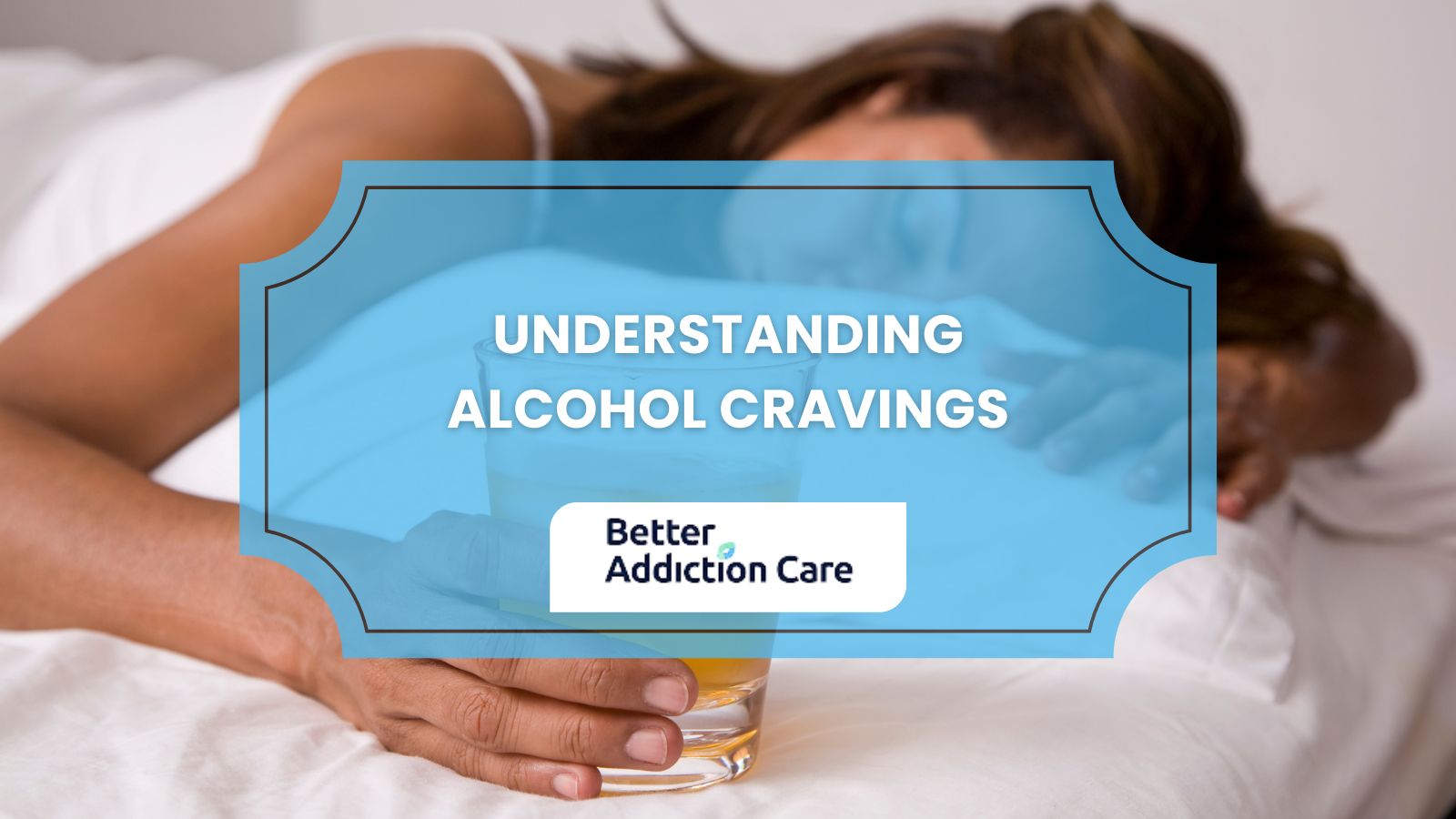What to Do in Case of Alcohol Poisoning?
Alcohol poisoning is a severe illness that can be deadly if you drink a lot of alcohol in a short amount of time. Alcohol poisoning occurs when the concentration of alcohol in the blood becomes so high that it interferes with vital biological functions such as breathing, heart rate, and temperature regulation. In just one hour, the liver can only process a limited amount of alcohol. Excessive alcohol consumption can have detrimental effects, and it is not recommended to surpass the recommended limits.

Excessive drinking can lead to a variety of symptoms. If left untreated, these symptoms can result in significant health complications. It is crucial to promptly seek medical help and identify symptoms early to prevent potentially life-threatening consequences.
To avoid getting alcohol poisoning, it is very important to drink alcohol responsibly. If you do decide to drink booze, it's best not to drink too much and instead take a more moderate approach. This means drinking booze in moderation, making sure you eat before and while you drink, and drinking a lot of water to stay hydrated. If someone shows symptoms of alcohol poisoning, they must seek medical help to ensure their safety and well-being promptly.
What Are the Signs of Alcohol Poisoning?
Different signs show up when someone has alcohol poisoning because their body can't handle drinking too much. When too much alcohol impairs brain function, disorientation and stupor occur, making it harder to think and stay alert. Vomiting is another typical symptom as the body eliminates harmful substances, but it can be fatal if the person is unconscious since it would cause them to choke.
Alcohol poisoning can cause seizures because it disrupts the electrical activity of the brain. Slow or irregular breathing is an alarming indicator because alcohol depresses the central nervous system, particularly the respiratory centers in the brain, resulting in potentially fatal breathing patterns. Alcohol can lead to the widening of blood vessels, causing heat loss and a decrease in body temperature. This can be observed as cool or moist skin with a bluish hue, especially around the lips and fingernails.
When someone consumes alcohol to the point where it severely affects their brain function, they may become unconscious and unresponsive, making it challenging or even impossible to wake them up. This situation is urgent and demands immediate medical attention. In addition, pale or bluish skin can indicate a lack of oxygen in the bloodstream caused by respiratory depression, which indicates the seriousness of the situation. It is crucial to promptly recognize these symptoms and seek medical attention to prevent severe complications or even fatalities caused by alcohol intoxication.
Intoxication or poisoning depends on alcohol levels, and it has been reported that levels between 200 and 399 mg% can cause nausea, vomiting, severe weakness, and low body temperature; levels between 400 and 799 mg% could represent the start of an alcohol coma; and, in general, it has been said that amounts of alcohol in the blood between 600 mg% and 800 mg% are often fatal.
Here is a table of common signs and symptoms and the alcohol level that is usually related to them:
|
Organ/System |
Signs of Alcohol Poisoning |
Serum Alcohol Levels (mg%) |
|
Brain/Central Nervous System |
Confusion and Stupor: Impaired cognitive function. Difficulty staying awake. |
200-399 mg% |
|
Seizures: Disruption of the brain's electrical activity. |
400-799 mg% |
|
|
Unconsciousness: Severe impairment of brain function. Unresponsiveness. |
400-799 mg% and above |
|
|
Coma: Deep state of unconsciousness. Critical condition. |
400-799 mg% |
|
|
Respiratory System |
Slow or Irregular Breathing: A depressed central nervous system affects respiratory centers. |
400-799 mg% and above |
|
Gastrointestinal System |
Vomiting: Body's attempt to expel toxins. |
200-399 mg% |
|
Cardiovascular System |
Hypothermia: Dilation of blood vessels leads to heat loss and a drop in body temperature. |
200-399 mg% |
|
Skin |
Pale or Bluish Skin: Lack of oxygen in the bloodstream due to respiratory depression. |
400-799 mg% and above |
|
General/Systemic |
Fatality: Critical. Life-threatening. |
600-800 mg% and above |
Which Body Processes Are Affected During Alcohol Poisoning? How?
Alcohol poisoning badly impacts many important body functions. As a depressant, alcohol has a big effect on the central nervous system (CNS). This is because it makes brain performance worse. This makes it hard for the brain to speak clearly, which leads to confusion, stupor, and unconsciousness. When the cerebellum is damaged, it can affect motor skills and coordination, leading to difficulties with balance.
Drinking alcohol can negatively affect the lungs as it slows down the brain stem responsible for controlling breathing. This has the potential to affect the rate and consistency of breathing, which can pose a risk to the body's oxygen intake. Low blood pressure and irregular heartbeats can also impact the cardiovascular system. In severe instances, this can result in shock, impeding blood flow to vital organs.
Vomiting can leave you dehydrated and throw off your electrolytes. Someone will likely choke on vomit if they are asleep. The liver, which breaks down alcohol, can't handle the extra work that comes with alcohol poisoning. This lets dangerously high amounts of alcohol get into the bloodstream and make other organs more damaged.
When you drink alcohol, your blood vessels widen, which throws off your body's temperature control. This makes you lose more heat and become hypothermic. This condition makes symptoms worse by lowering CNS performance even more. The diuretic effects of alcohol affect the kidneys by making you pee more, which dehydrates you, makes the kidneys work less well, and can cause electrolyte problems. Alcohol can also mess up metabolic processes. For example, it can cause hypoglycemia in people who haven't eaten, which makes brain function even worse and raises the risk of seizures.
These complicated exchanges show how bad alcohol poisoning is for the body, how dangerous it is, and how important it is to get medical help right away to avoid permanent damage or death.
|
Body Process |
Effects of Alcohol Poisoning |
|
Central Nervous System (CNS) |
Impaired brain function leads to confusion, stupor, and unconsciousness. Loss of motor skills and coordination (cerebellar dysfunction). |
|
Respiratory System |
Depressed breathing regulation leads to slow, irregular, or stopped breathing, hypoxia (low oxygen levels), and respiratory failure. |
|
Cardiovascular System |
Irregular heart rhythms, lowered blood pressure, and potential for shock (reduced blood flow to vital organs). |
|
Gastrointestinal System |
Vomiting occurs as the body attempts to expel the toxin, leading to dehydration and the risk of choking. |
|
Liver Function |
Overwhelmed metabolism of alcohol, allowing toxic levels to circulate and exacerbate damage to other organs. |
|
Thermoregulation |
Dilated blood vessels cause increased heat loss and hypothermia, further depressing CNS function. |
|
Renal System |
Increased urine production due to alcohol's diuretic effect leads to dehydration and impaired kidney function. |
|
Metabolic Processes |
Hypoglycemia (low blood sugar), particularly in individuals who have not eaten, exacerbates brain dysfunction and seizures. |
What Are the 7 Stages of Intoxication?
When alcohol gets into the system, it starts a chain of events called intoxication. In the early stages, cognitive abilities stay the same. But as the drug use goes on, euphoria sets in, which is characterized by a better mood and fewer inhibitions; after this comes excitement, which makes people chatty and impulsive.
Continued drinking causes confusion as cognitive functions are compromised. In the next stage of intoxication, known as stupor, coordination is impaired, and speech becomes slurred. Further intoxication may cause a coma, a state of unconsciousness from which the subject cannot be awakened.
In the most severe cases, alcohol poisoning can result in death owing to respiratory depression, in which breathing becomes dangerously sluggish or stops completely. Understanding these stages emphasizes the significance of drinking safely and seeking help if you experience signs of severe drunkenness.
To summarize, the phases of intoxication include:
- Sobriety
- Euphoria
- Excitement
- Confusion
- Stupor
- Coma
- Death
What Is the Treatment?
Alcohol poisoning is a severe medical emergency that requires immediate attention. If an individual experiences symptoms like confusion, vomiting, or unconsciousness following alcohol consumption, it is crucial to promptly contact emergency services by dialing 911. It is essential to act quickly, as alcohol poisoning can quickly become life-threatening. Knowing the warning signs and acting fast to get medical help can make all the difference in a bad scenario.
When alcohol poisoning is not treated promptly, it can have grave consequences, including seizures, breathing problems, or even death. Therefore, the person's health and safety must be prioritized, including ensuring that they receive the assistance they require as quickly as possible. The dangers of alcohol poisoning should not be underestimated.
Remember that taking someone to the emergency room or calling 911 is not just a choice when they are drinking too much; it's a must. You can't properly manage or treat this condition at home. For the serious and sometimes life-threatening effects of alcohol poisoning, only trained medical experts have the knowledge and tools to provide the care and interventions that are needed. The person's safety and well-being are best protected by taking quick action and getting medical help immediately.







